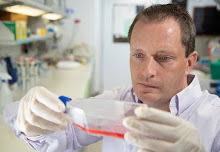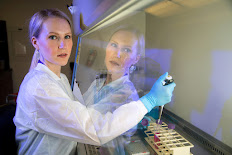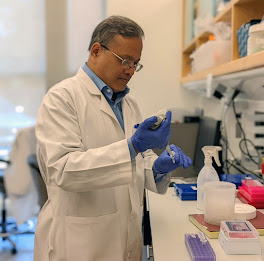We are deeply saddened to share the news of the passing of Johnson Haynes Jr., M.D., a longtime, well-respected member of the University of South Alabama community. He passed away the morning of Friday, Dec. 2, 2022, at his home.
Dr. Haynes will be remembered as an excellent clinician and scientist who was passionate about his patients, and a trailblazer who paved the way for young African Americans to follow in his footsteps and become physicians. His legacy lives on in the countless students, faculty, staff and patients he impacted throughout his tenure.
He served as a professor of internal medicine at the Frederick P. Whiddon College of Medicine, assistant dean of the Office of Diversity and Inclusion, director of the USA Comprehensive Sickle Cell Center, and a pulmonologist with USA Health.
A 1980 graduate of the Whiddon College of Medicine, Dr. Haynes completed a residency in internal medicine and a fellowship in pulmonary medicine with USA Health. He joined the faculty in 1984 as the first African American clinical and basic sciences faculty member.
Since August 2001, Dr. Haynes led the USA Comprehensive Sickle Cell Center and cared for most of the adults with sickle cell disease in the southern half of Alabama. In September 2022, the USA Board of Trustees authorized the naming of the center as the Johnson Haynes Jr., M.D., Comprehensive Sickle Cell Center in recognition of his longstanding commitment to the treatment, research and education of sickle cell disease.
Throughout his career, Dr. Haynes was a champion for diversity and representation in healthcare and medical education. In 2011, he established the USA Office of Diversity and Cultural Competence, which was renamed the Office of Diversity and Inclusion in 2014. In addition to coordinating DREAM and SouthMed Prep Scholars programs, the office provides support for and recognition of student clubs to promote safe spaces, group activities and educational activities that promote diversity and inclusion. Dr. Haynes also served as the faculty sponsor for the Whiddon College of Medicine's newly established chapter of Black Men in White Coats, which aims to increase the number of Black men in the field of medicine.
Dr. Haynes served as principal investigator or collaborator on more than three dozen research grants. He also authored or co-authored countless publications, book chapters, newsletters, abstracts and reports.
His life’s work has been recognized through numerous awards, including the National Research Service Award, America’s Top Doctor, the Edith Mitchell Health Initiative Academy of Achievers Perseverance Award, and a Distinguished Alumni Award from the USA National Alumni Association and Medical Alumni Association.
Arrangements for Dr. Haynes are as follows:
Visitation:
Thursday, Dec. 8, from 1 to 7 p.m. and Friday, Dec. 9, from 8 to 9:30 a.m.
Small’s Mortuary, 950 S Broad St., Mobile, AL
Service:
Friday, Dec. 9, at 10:30 a.m.
St. Paul’s Episcopal Church, 4051 Old Shell Road, Mobile, AL
Burial:
Saturday, Dec. 10
Garden Hill Cemetery, 1218 Frederick Road, Opelika, AL 36801
In lieu of flowers, the family asks that donations be made to the Johnson Haynes Jr., M.D. Comprehensive Sickle Cell Center, 650 Clinic Drive, TRP III Ste. 1500, Mobile, AL 36688. Donations can be made online at giving.usahealthsystem.com/haynes.










